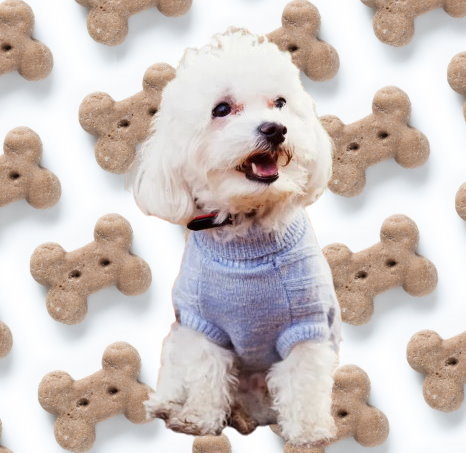Welcome to Dog Training Newbies !
Welcome to Dog Training Newbies !

As Bichon Frises transition into their senior years, their care requirements change significantly. Known for their cheerful disposition and fluffy coats, these dogs can live long, healthy lives with the proper attention to their evolving needs. Understanding how to care for an aging Bichon Frise can enhance their quality of life and ensure they remain happy and comfortable.
One of the primary considerations for senior Bichon Frises is their diet. As dogs age, their metabolism slows down, and they may become less active. Switching to a senior dog food formulation that’s lower in calories but rich in nutrients can help maintain a healthy weight. Look for foods with added joint supplements like glucosamine and chondroitin, which support mobility and alleviate arthritis symptoms common in older dogs.
Regular veterinary check-ups become increasingly important as your Bichon Frise ages. These visits help monitor their health and catch any potential issues early. Discuss any changes in behavior, appetite, or energy levels with your vet, as these could indicate underlying health concerns. Senior dogs may benefit from more frequent dental cleanings, as dental disease is a common issue that can lead to other health problems if left untreated.
Exercise remains crucial for senior Bichon Frises, albeit with adjustments. While they may not have the same energy levels as in their youth, gentle walks and moderate playtime help keep them fit and mentally stimulated. Tailor the exercise routine to your dog’s capabilities, avoiding strenuous activities that could strain their joints.
Mental stimulation is just as important as physical activity. Engaging your senior Bichon in puzzle toys, training sessions, and interactive games keeps their mind sharp. As cognitive function can decline with age, providing mental challenges helps prevent cognitive dysfunction and keeps your dog engaged with their environment.


Comfort is another critical aspect of senior care. Older Bichons may experience joint stiffness, so providing a soft, supportive bed can help them rest comfortably. Ensure their resting area is easily accessible and free from drafts. Additionally, consider ramps or steps if your Bichon has difficulty reaching their favorite spots, such as the couch or bed.
Grooming remains essential for Bichon Frises, even in their senior years. Regular brushing prevents matting and keeps their coat healthy. Pay attention to any changes in their skin or coat condition, as these might indicate health issues. Older dogs might also need help with ear cleaning and nail trimming, as they become less active.
Monitoring your senior Bichon’s behavior and habits is vital. Be alert to signs of discomfort or pain, such as limping, reluctance to move, or changes in appetite. Increased drinking or urination may signal kidney issues or diabetes, which require prompt veterinary attention.
Social interaction continues to be important for aging Bichon Frises. Maintain their social life by arranging playdates with other gentle dogs or spending quality time with them yourself. These interactions provide mental enrichment and prevent loneliness, which can contribute to anxiety and depression in older dogs.
In conclusion, senior care for Bichon Frises involves a holistic approach that addresses their physical, mental, and emotional needs. By adapting their diet, maintaining regular veterinary visits, and providing appropriate exercise and mental stimulation, you can ensure your aging pet enjoys their golden years to the fullest. With love, patience, and attention to their evolving needs, your senior Bichon Frise can continue to be a joyful and cherished member of your family.